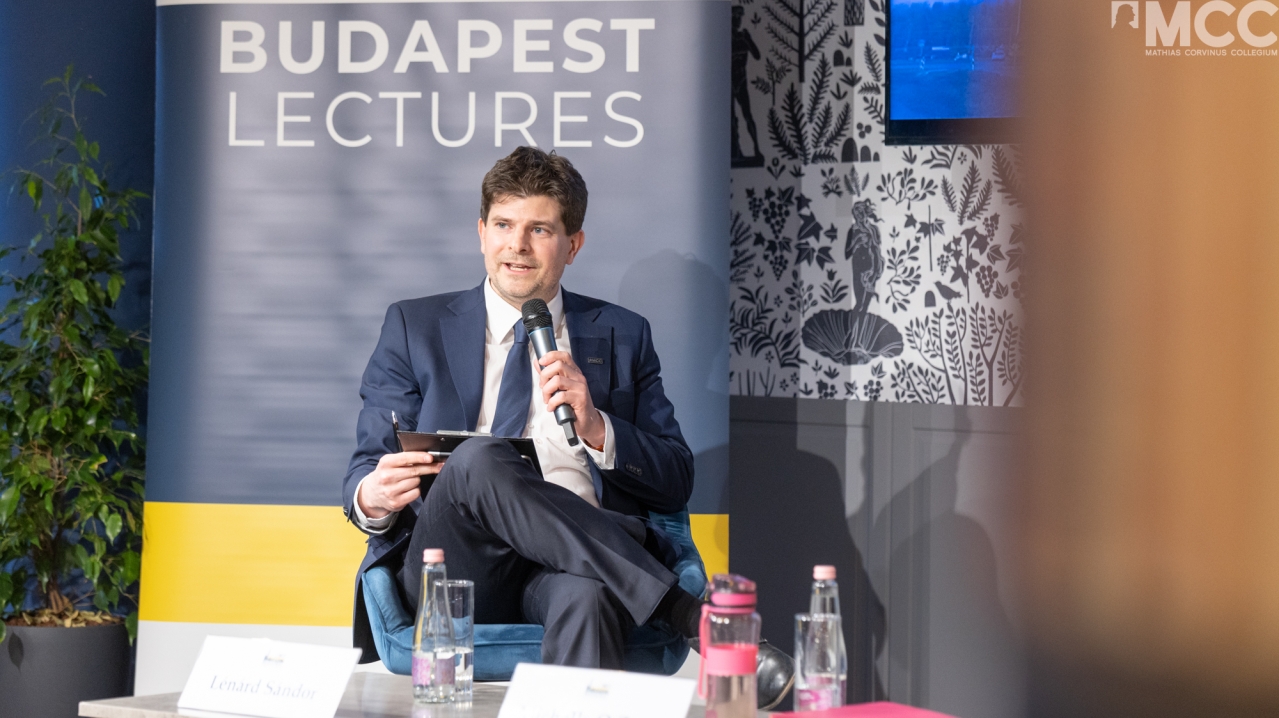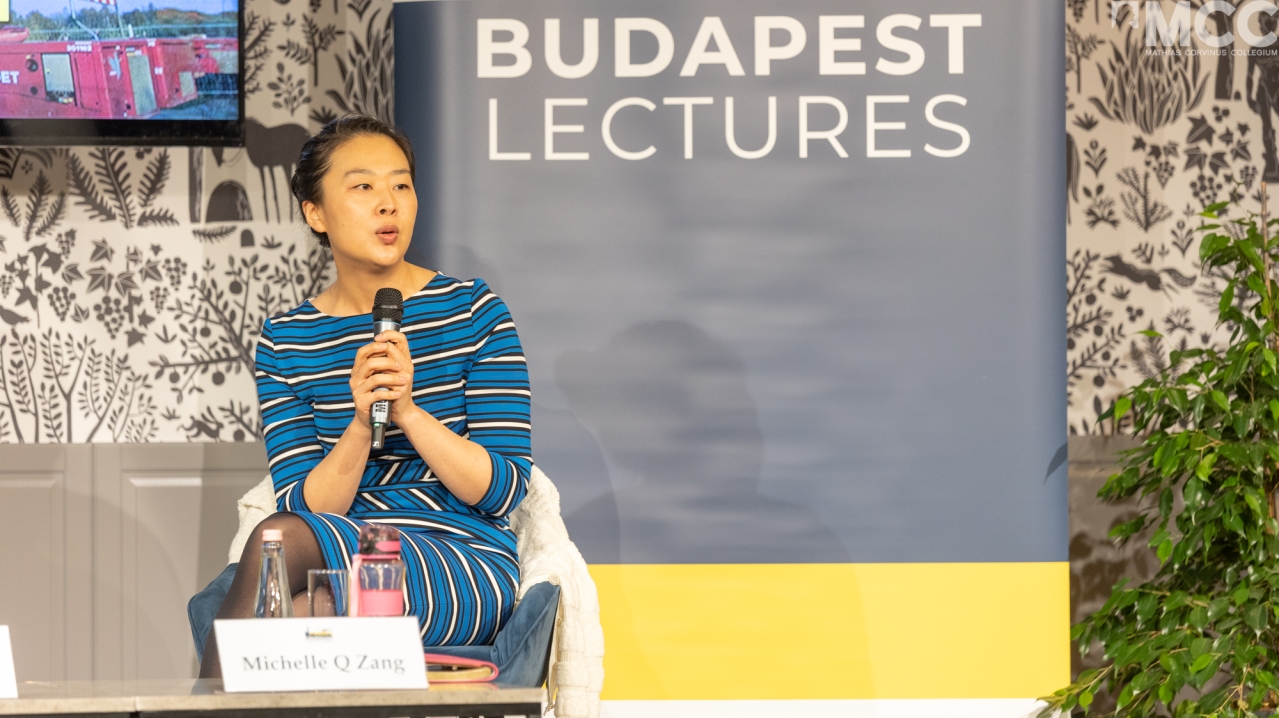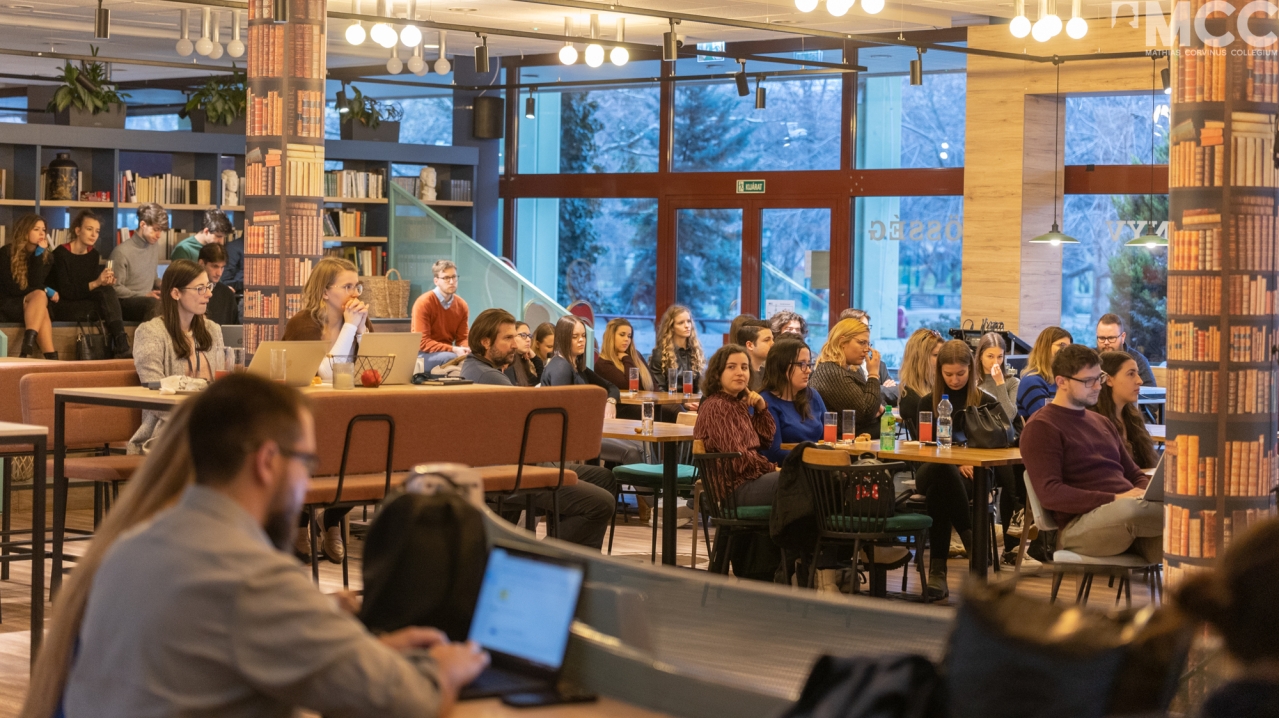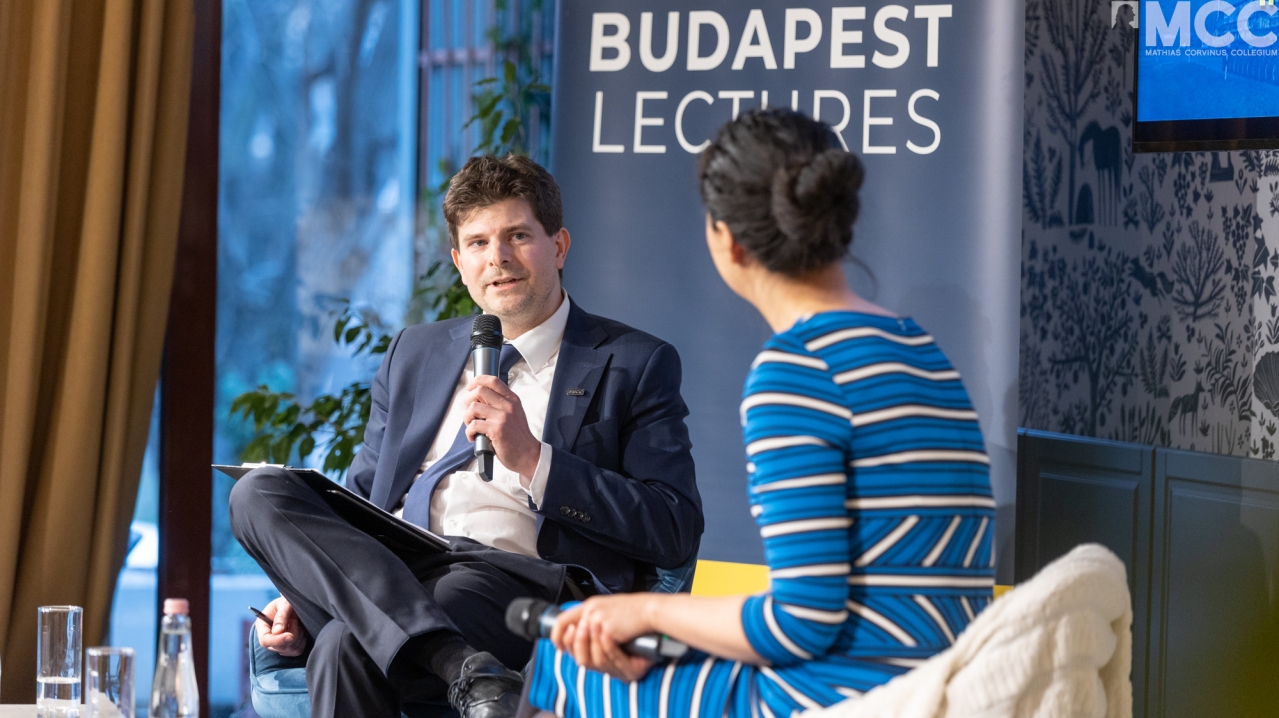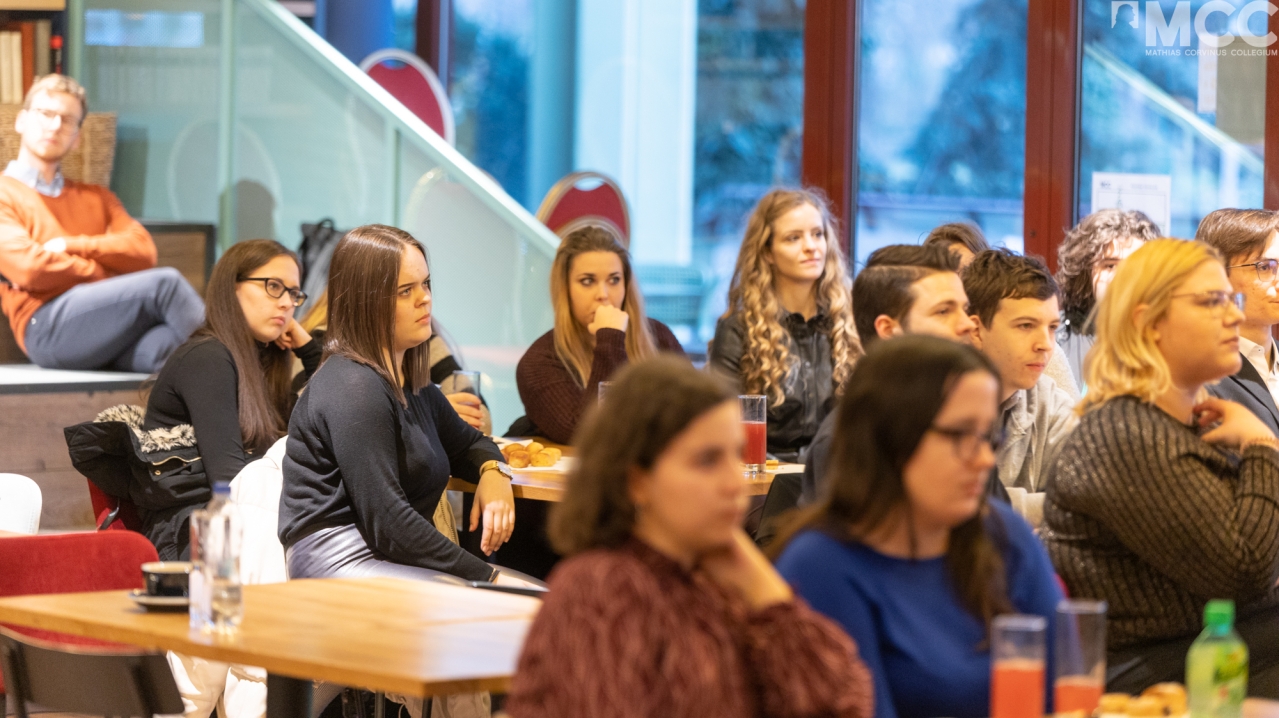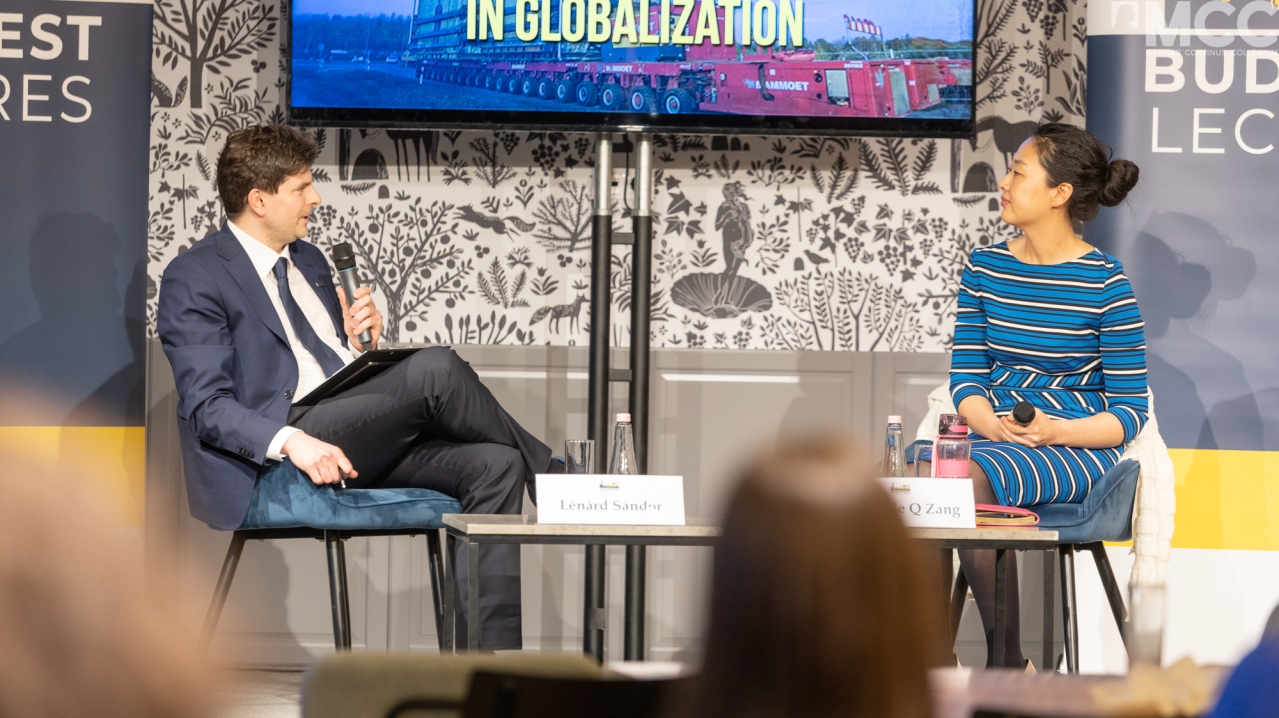Reading time: 2 minutes
There is a clash between localism and globalism in our age, and only the recognition and protection of cultural heritage can give our diverse civilizations a tomorrow - was pointed out in the MCC Budapest Lectures series. Michelle Zang, senior lecturer at the Victoria University of Wellington in New Zealand and Borrin Foundation Justice Fellow and Lénárd Sándor, head of the Center for International Law discussed the indigenous peoples’ interests and the question of cultural heritage in international law along with the potential reform avenues.
To set the stage for the Budapest Lecture, Lénárd Sándor recalled the experience of Hungary as well as of Central-Europe in a broader sense with regard to economic globalization. To these countries, globalization was once equal to the desire of joining the West and having the same freedom and opportunities, but they soon faced with the grip of globalization and its powerful international legal architecture. Regarding globalization, Michelle Zang pointed out that economic globalization also poses a challenge to New Zealand as well as to the whole Asia Pacific region to freely pursue their own destinies. However, these countries have small and open economies that are necessarily integrated into the world economy. While these countries with small and open economies are ought to be integrated into the world economy, their unique and specific interests and needs might well be overlooked, or even ignored. She also emphasized that New Zealand has been actively working, with like-minded countries together, to achieve reforms and progresses that can advance the interests of countries with midsized or small economies.
Regarding the importance of cultural heritage, Lénárd Sándor reminded of how fish and fisheries have become an overarching question in the last days and hours of the post-Brexit negotiations. Fish and fishing represent sovereignty and beyond sovereignty, they also bring to life a collective memory and a way of life that are part of the English civilizational heritage. Rather than a rational decision, Brexit was rather about safeguarding this heritage that is increasingly viewed to be threatened by an expansionist European integration. Michelle Zang highlighted the importance of the civilizational heritage to the indigenous peoples that account for more than half of the world’s cultural diversity. Even though there are trade and investment cases in which the interests of cultural heritage are channeled into international economic forums, the level of their protection needs considerable improvement and reforms both on constitutional and international levels. What we witness today is a clash between localism and globalism, and only the recognition and protection of cultural heritage can give our civilizations a tomorrow.

